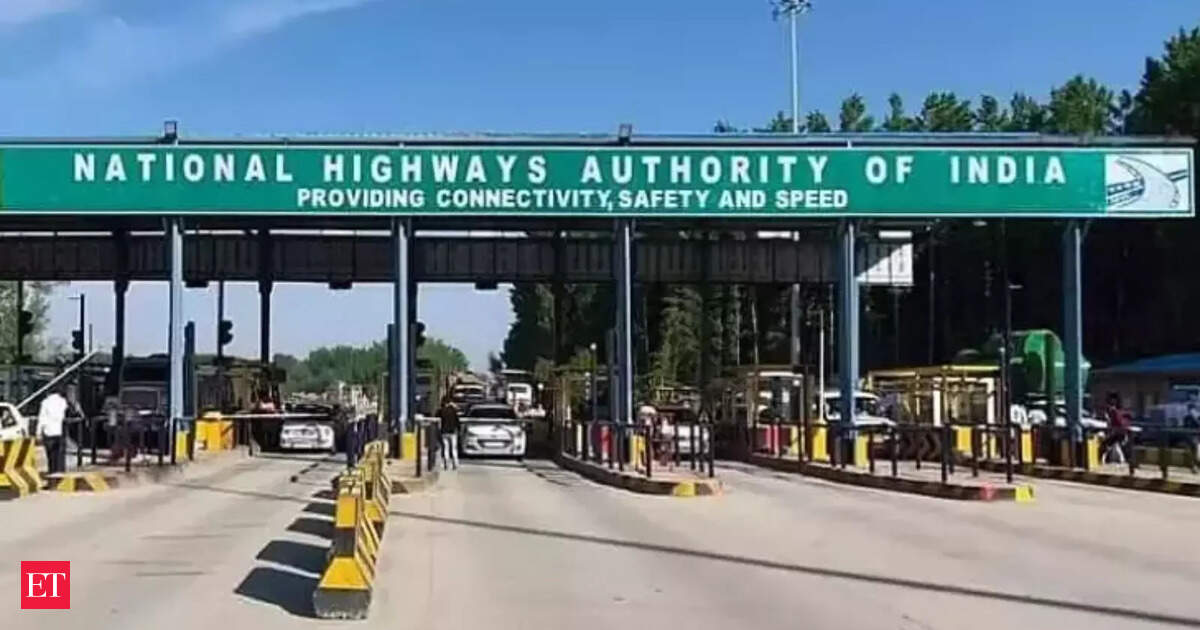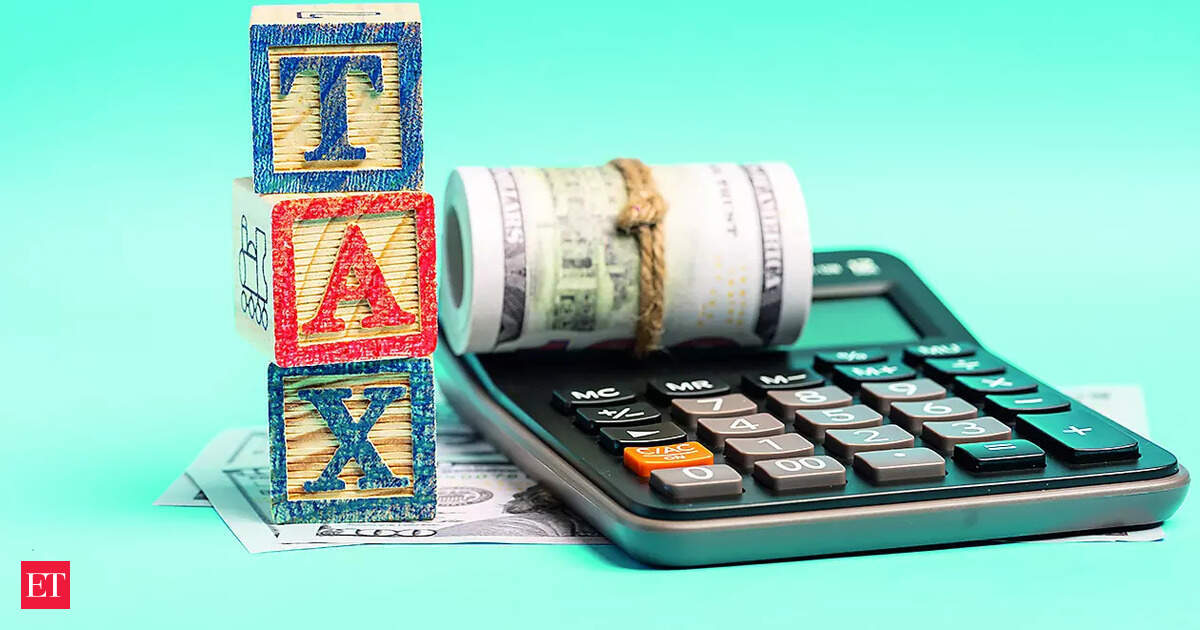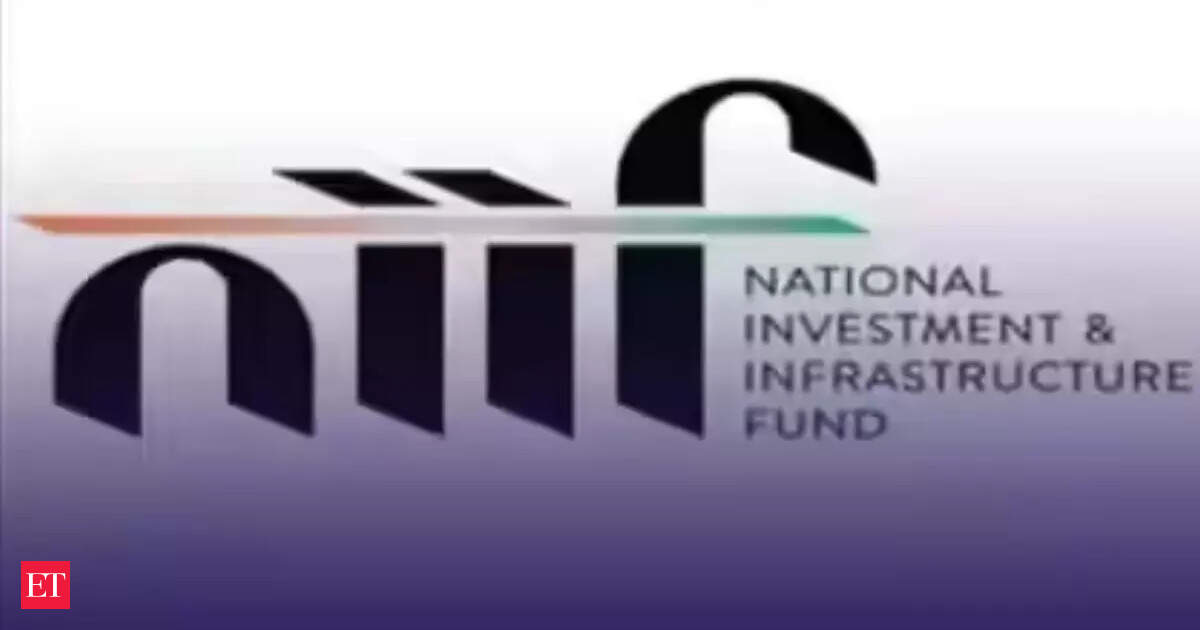Of these, 80 projects will be taken up under the hybrid annuity model (HAM), 32 under the engineering-procurement-construction (EPC) mode and 12 under the build-operate-transfer (BOT) mode.
The government is of the view that the upfront declaration of identified projects will help concessionaires prepare in advance and will fast-track the awarding of contracts.
Under HAM, the government provides 40% of the project cost as construction support, while the remaining 60% is funded by the private developer, who is then repaid by the government through annuity payments over the project’s operational period.
Under EPC, the contractor is responsible for all aspects of a highway project, including design, material procurement, and construction.
Under BOT, the private entity is responsible for financing, building, and operate a highway project for a specific period after which the ownership and operation of the highway are transferred back to the government or a public authority. Ever since the termination of the Bharatmala Pariyojana, the flagship scheme of the ministry of road transport and highways, for development of high-speed corridors and expressways, there has been a considerable slow in the awarding of contracts. NHAI had bid out 6,003 km of highways in 2022-23 followed by 3,339 km in 2023-24 and 4,008 km in 2024-25.




